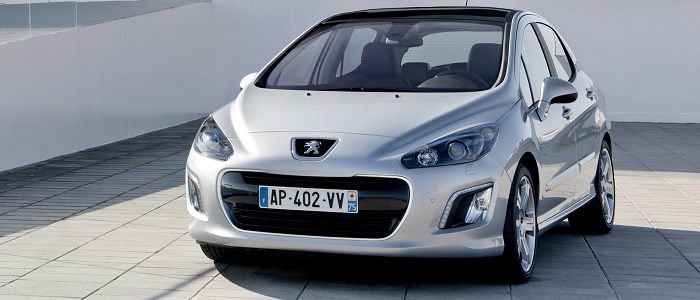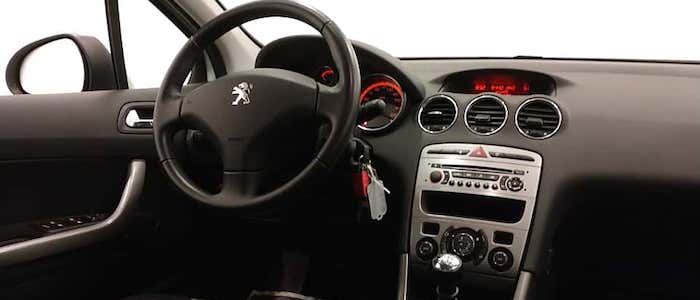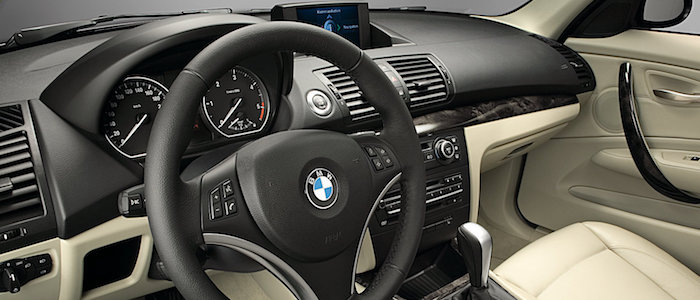Compare two cars
Compare any two cars and get our Virtual Adviser™ opinion
Marketing
Dimensons & Outlines
Engine
1.6 Prince EP6
Performance (manual gearbox)
Performance (automatic gearbox)
Expenses
Virtual Adviser's™ opinion
Two significantly similar cars, no doubt about that. Still, each one has something different to offer. Having both cars powered by petrol engines and utilizing the 5-door hatchback body style within the same 'Small family car' segment, the only major difference here really is their wheel drive configuration (front for the Peugeot and rear in the case of the BMW). The first one has a Peugeot-engineered powertrain under the hood, a 4-cylinder, 16-valves 120hp unit, while the other one gets its power and torque from a 4-cylinder, 16-valves 116hp engine designed by BMW.
SafetyA starting point here would be to take a look at the results from European New Car Assessment Programme (Euro NCAP) tests which were performed on both of the cars, with the same number of safety stars gained in the process. Moving further on, let's take a closer look at some additional safety-related facts. Both vehicles belong to the small family car segment, which is generally classifying them somewhere in the middle safety-wise, still it doesn't help us solve our dilemma, does it? Furthermore, if we'd like to consider vehicle mass in this context too, which we definitely should, the French car offers a marginal difference of 3% more metal.
ReliabilityManufacturers have been building their reliability reputation for decades now and, generally speaking, it appears that Peugeot as a brand displays somewhat better results, all the models observed together. These are the official statistics, while our visitors describe reliability of Peugeot with an average rating of 4.3, and models under the BMW badge with 4.2 out of 5. Some independent research have also placed 308 as average reliability-wise, and 1 Series is more or less at the same level.That apart, owners of different cars powered by the same engine as the French car rank it on average as 4.1, while the one under the competitor's bonnet gets 4.3 out of 5.
Performance & Fuel economyPeugeot is a bit more agile, reaching 100km/h in 0.1 seconds less than its competitor. Still, it lacks the power to win the top speed competition, topping at 195 kilometers per hour, 5km/h less than the other car. When it comes to fuel economy the winner has to be the French car, averaging around 6.4 liters of fuel per 100 kilometers (44 mpg), in combined cycle. We can't ignore that 17% difference compared to the German car.
Verdict
Peugeot appears just a bit more reliable, although the difference is truly marginal. The most important thing when deciding between any two vehicles should always be safety, both passive and active. In my opinion, everything taken into account, the French car offers slightly better overall protection and takes the lead. It all continues in the same direction, with Peugeot offering somewhat better performance, just enough to call it quicker. To make things even better, it consumps less fuel! All together, there's not much more to say, in this case I wouldn't even consider anything but Peugeot. In any case that's my personal view, built upon all the data available to me. What should decide here though is the way you feel about the two vehicles, and I hope you'll find my guidelines useful in the process. In case you have two minutes to spare I invite you to define your needs, desires and budget and see which car would be chosen by the virtual adviser™, among more than 12.000 different ones in our database.































